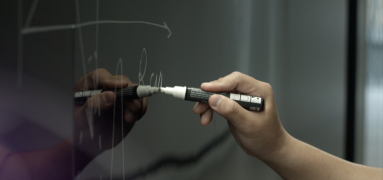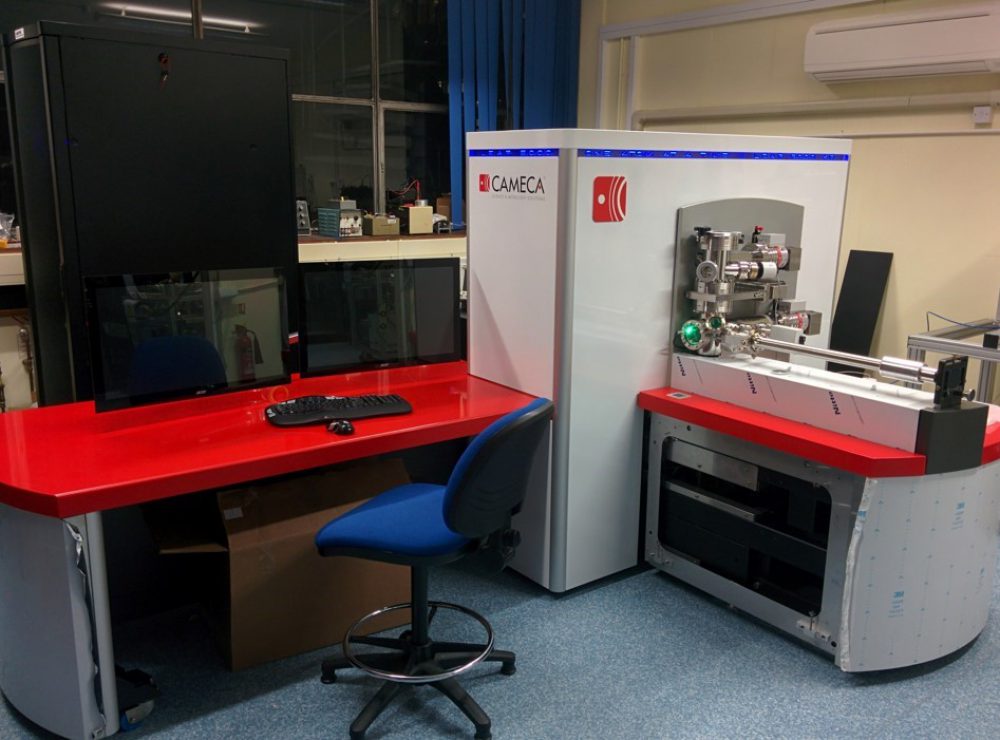This website uses cookies so that we can provide you with the best user experience possible. Cookie information is stored in your browser and performs functions such as recognising you when you return to our website and helping our team to understand which sections of the website you find most interesting and useful.

SOLBAT - Next Generation Solid-State Li-metal Batteries
£12 Million Faraday Institution project to support future energy storage solutions
Royce infrastructure will help Faraday Institution researchers make batteries lighter, cheaper, safer and more efficient – understanding the fundamental processes within the all-solid-state battery is critical to developing next-generation batteries required for the electrification of vehicles.
A team of Faraday Institution researchers aims to demonstrate the feasibility of a solid-state battery with performance superior to existing Li-ion batteries in electric vehicle applications. The successful implementation of an alkali metal negative electrode and the replacement of the flammable organic liquid electrolytes, currently used in Li-ion batteries, with a solid would increase both the range of the battery and address safety concerns.
The SOLBAT project is one of the nine research projects funded by the Faraday Institution. It is a collaboration led by the University of Oxford, with five other university partners, aiming to break down the barriers that are preventing the progression to market of solid-state batteries, that should be lighter and safer, meaning cost savings and less reliance on cooling systems.

UNIVERSITY CROSS COLLABORATION
The SOBALT project is a collaboration of six universities including three Royce partners (Universities of Liverpool, Cambridge and Sheffield).





